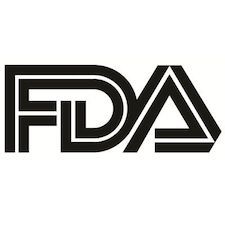FDA Grants Fast Track Designation to Synthetic Biotic for Rare Metabolic Disorder
The investigational treatment SYNB1353 received FDA Fast Track Designation for homocystinuria (HCU), a rare metabolic disorder.

Synlogic shared an announcement today that the US Food and Drug Administration granted Fast Track designation for its synthetic biotic candidate SYNB1353. The potential treatment is being investigated for patients with homocystinuria (HCU), which has limited treatment options.
Homocystinuria is a rare inherited metabolic disorder characterized by excess levels of homocysteine. Individuals living with the disease are at risk for thromboembolism, lens dislocation, skeletal abnormalities, developmental delay, and intellectual disability.
SYNB1353 has been engineered through collaborative research between Synlogic and Ginkgo Bioworks from a strain of the probiotic E. coli Nissile which infiltrates the gastrointestinal tract by consuming methionine and therefore preventing methionine from converting into homocysteine in plasma.
“The FDA’s Fast Track designation reinforces our conviction for the urgent need for new treatments for HCU as well as the promising non-clinical data we have generated in the program to date,” Aoife Brennan, MB, President, Chief Executive Officer, Synologic, said in a statement. “We look forward to sharing additional data from the program later this year.”
The orally administered treatment is a non-systemically absorbed drug candidate. By the end of 2022, Synlogic anticipates results from the phase 1 clinical trial of SYNB1353 to be ready to share.
“Given the particularly great need for new treatment options for those living with HCU, we look forward to sharing data from this study by the end of this year," Brennan said.